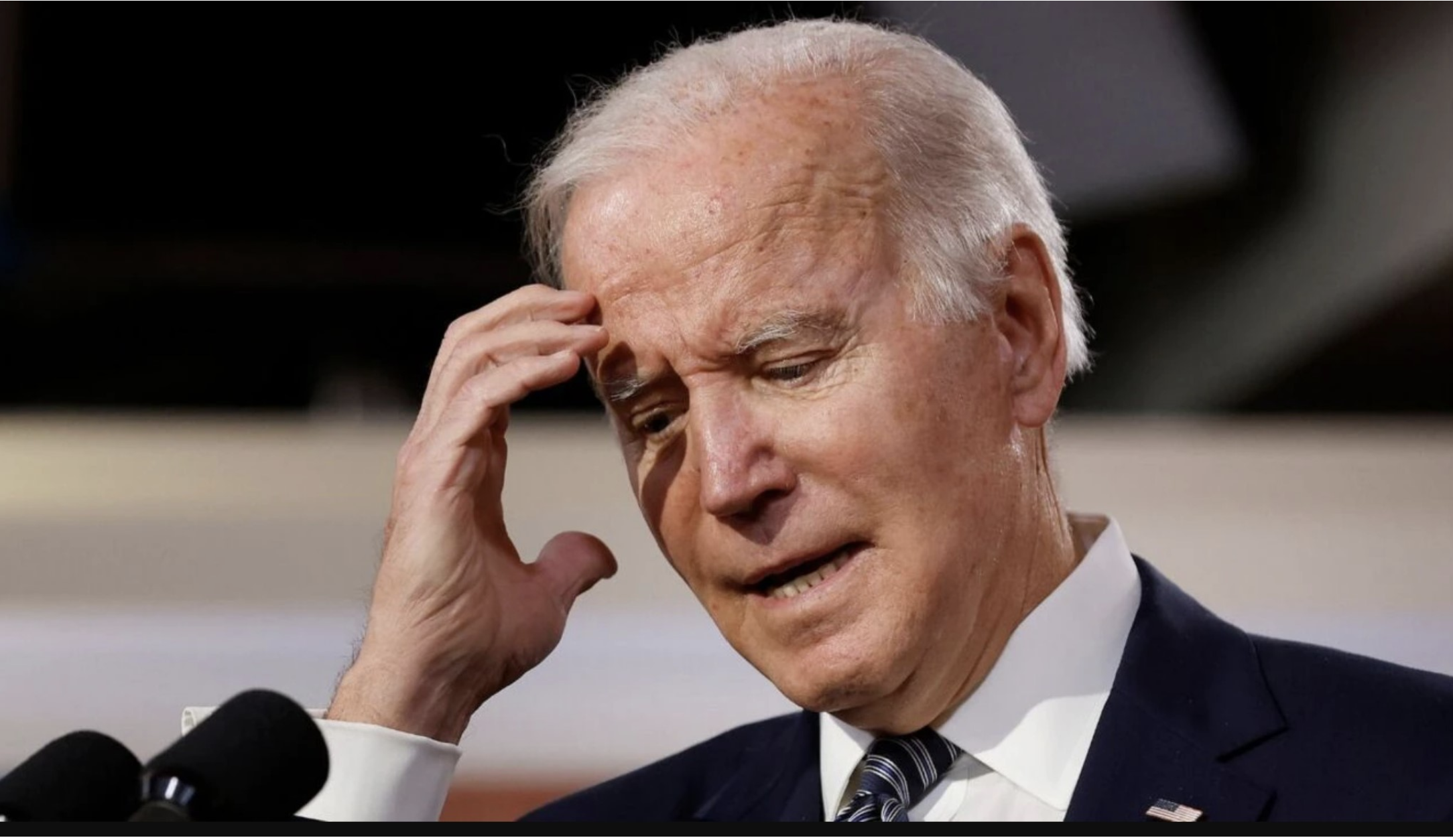Politics
IT BEGINS: Oil Prices Surge After Surprise Production Cuts by OPEC

Oil prices in the U.S. and around the world spiked Monday on news of surprise production cuts by Middle East nations.
The Organization of the Petroleum Exporting Countries (OPEC), a consortium of the world’s largest oil-producing nations, made the announcement Sunday in a preemptive measure against what it perceived as a future slowdown in demand. U.S. oil prices surged to nearly $80 a barrel, the largest increase in almost a year.
Economists called the move a blow to efforts by the Biden administration to tamp down on inflation. White House and senior defense officials criticized the move as unwarranted at a time when consumer spending was beginning to tick up by its fastest rate in two years.
“We don’t think cuts are advisable at this moment given market uncertainty — and we’ve made that clear,” a spokesperson for the National Security Council told CNN. “We’re focused on prices for American consumers, not barrels.”
The latest round of production cuts comes on top of previous cuts announced by OPEC in October. At the time, President Joe Biden vowed “consequences” against Saudi Arabia for its move though never followed through on sanctions.
The Middle Eastern kingdom claimed its latest reduction of 500,000 barrels per day (bpd) was necessary to stabilize the global oil market. Russia followed the announcement Sunday with its own extension of a 500,000 bpd reduction through the end of 2023. The Biden administration has called on OPEC to increase its production not only to encourage consumer spending but to limit the revenue available to Russia as it continues to wage war against Ukraine.
Other nations participating in the reduction include Iraq, Kuwait, Oman, Algeria, and Kazakhstan.
President Biden has limited options to keep U.S. consumers from feeling the pinch. In October, the president ordered 15 million barrels released from the country’s Strategic Petroleum Reserve, which is already at its lowest levels since 1984. Earlier this month, President Biden approved a massive drilling operation in Alaska, though it will take years before any oil extracted reaches U.S. markets.

